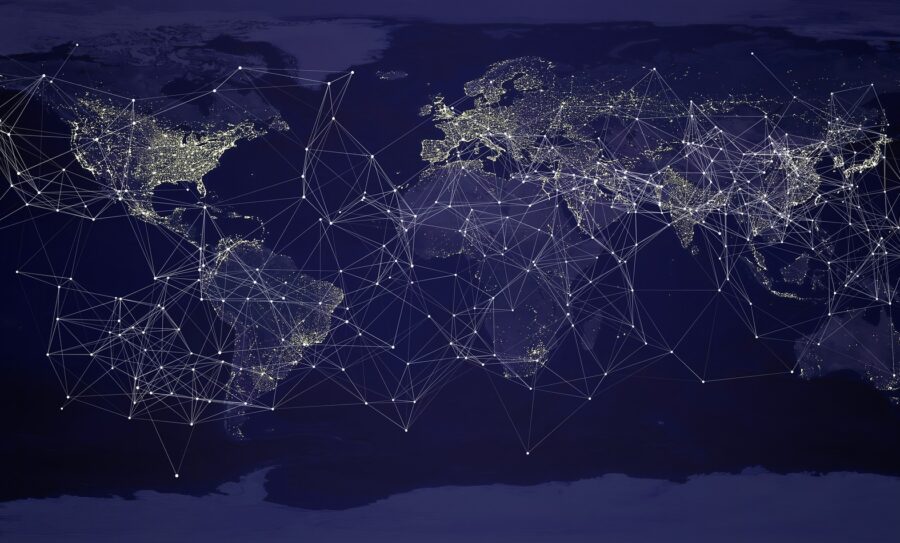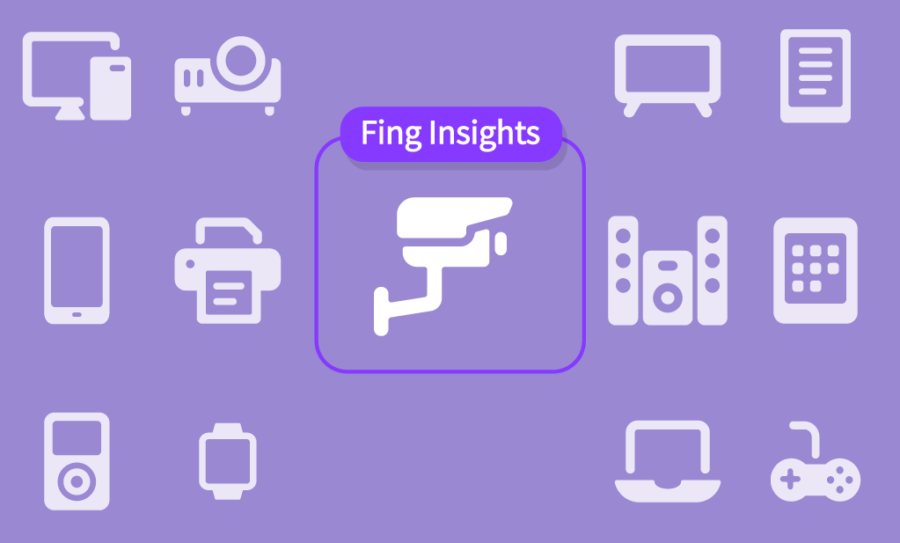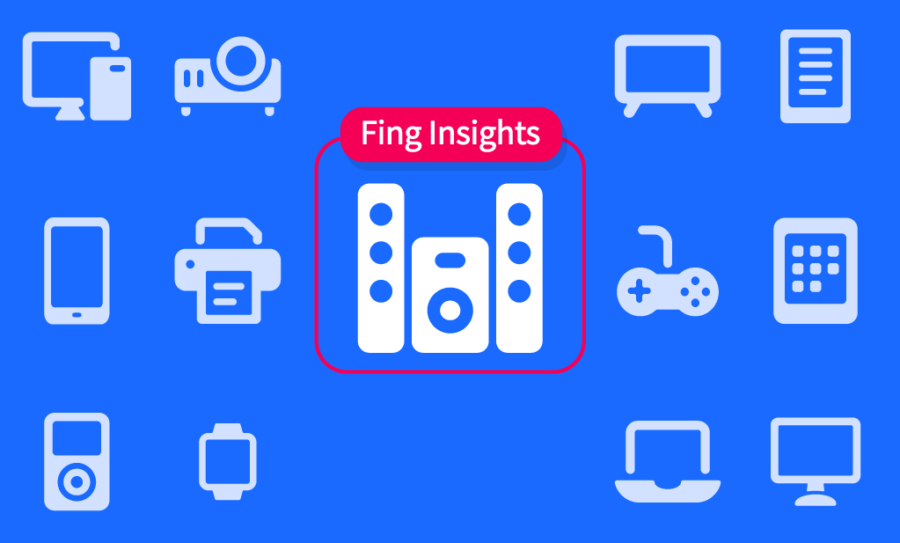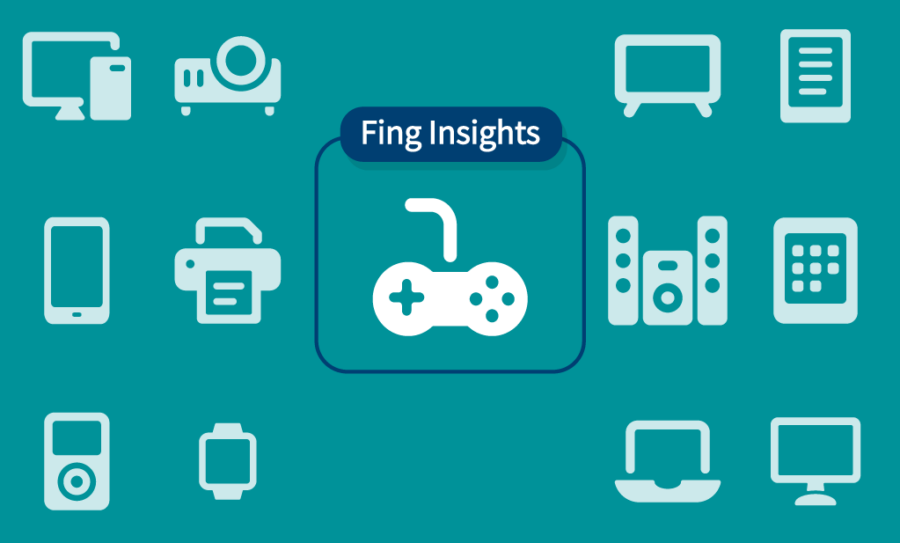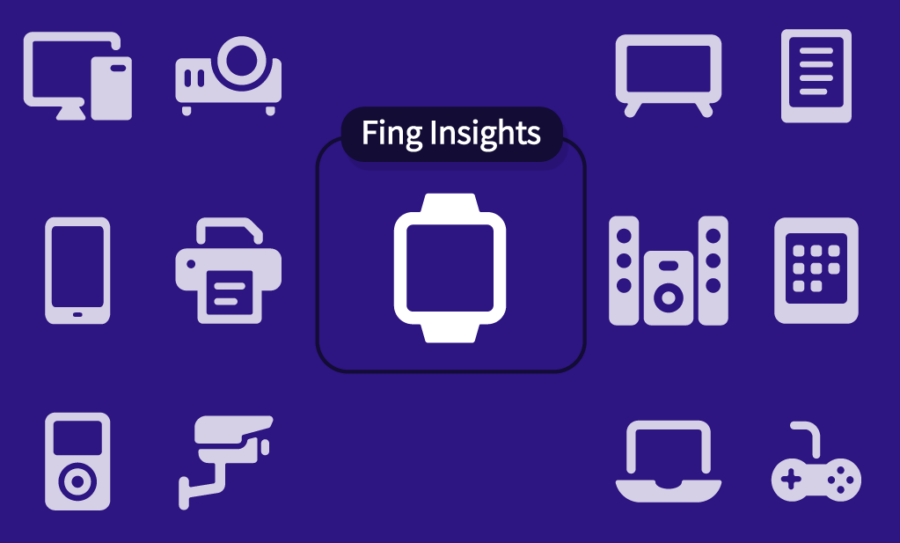It has been two months since Europe has been fighting against the coronavirus, which has forced citizens across countries to stay inside their homes in an attempt to limit the spread of the disease. The European population quickly had to change its routines and everyday lives, moving every activity inside their own houses. The main changes include working remotely and online classes. However, the restriction to stay inside has also generated a significant increase in streaming platforms usage, such as Netflix, Amazon Prime and Disney+. For these reasons, Internet Service Providers (ISPs) have reported many Internet performance drops, as home connections, even the strong ones, are not suited to handle this traffic load. In this article, we will present our analysis on how download speeds are holding up under this current situation. The data reported by the Fing systems focuses on three specific countries: Italy, France and Spain.
The above-mentioned countries have experienced a decrease in the home network performance and the following analysis will present the details for the main ISPs in each country, as well as a more in-depth look at their main cities. Overall, Spain and Italy are experiencing similar situations in terms of Internet disruption, while the Internet in France has only moderately decreased. In particular, data shows that Italian providers are performing better in Milan rather than in Rome. At the same time, Paris appears to be holding up well compared to the other major cities in terms of Internet drops.
Internet performance in Italy
Italy has been the first European country to face Covid-19 and, therefore, also the country that has been quarantined the longest. This results into a greater stress on domestic Internet usage as Italian citizens have been staying inside more than other Europeans. As we can see from the table below, significant shifts have happened for Italian ISPs, especially Tiscali and Linkem. These two have experienced a drop of about 30% in speed trend, compared to Vodafone and Eolo which seem to be holding up well, decreasing by a much smaller percentage.


Those drops are mainly caused by the concentration of home Internet usage, with the main cause being remote working. Yet, the ISPs performances in Milan, which is considered the Italian economic capital, shows an increase in download speed for both Telecom and Vodafone. Rome, on the other hand, is aligned with the performance of the overall country, presenting a relevant decrease in download speed. 

Internet performance in Spain
Spain presents a very similar download speed trend compared to Italy, since the majority of providers have experienced a drop percentage that ranges from 16 to 36%. As you can see from the graph below, the biggest download speed drop rate has been reported from Adamo Telecom Iberia, which now has a mbps difference of 145.


Both Madrid and Barcelona have had significant downturns as well. However, Jazztell reported a significant increase compared to the rest, specifically of 92 mbps.


Internet performance in France
Out of the three countries, reports from France show minimal or no disruptions in download speed. The most affected provider across the whole country is Free, while OVH and Bouygue have improved in terms of download speed.


Paris is the best performing city out of all the metropolises previously mentioned. As you can see from the graph below, changes in download speed are:

Monitor your Internet speed with Fing Suite
With the recent drops in download speed, remember you can monitor your ISP performance by yourself, thanks to the ‘Speed test’ option both on Fing App and Fing Desktop as you can see in the following screenshots.


In particular, Fing Desktop is a global Internet monitoring tool. Therefore, by downloading and running Fing Desktop you participate in the crowdsourced Internet outage detection system by increasing coverage.
Amongst the features of Fing App, the latest addition will be the outage map, which will show you in real time Internet disruptions happening all over the world. Fing will offer this free functionality to assist people with digital support during this emergency.
